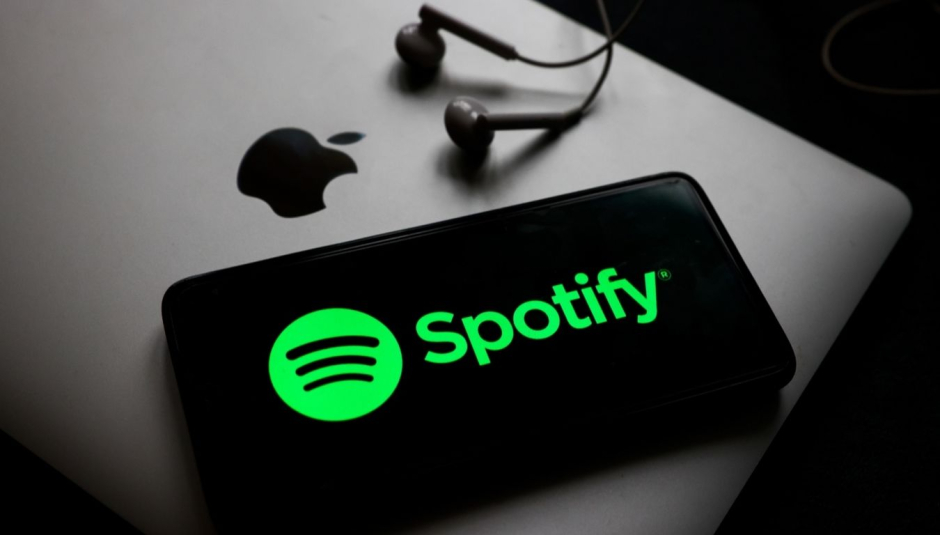Third-party developers, who have powered AI-driven music recommendation tools, are now facing major changes to Spotify’s Web API, which will deny them access to key functions. Developers and users have expressed concern about the implications of the move, shared in a developer blog post, which is already creating a stir in the tech community.
A Major Shift in Spotify’s API Access
The changes include song and artist recommendations, Audio Analysis, and Audio Features, which provide perspectives from tracks, including danceability, energy, and acoustics. This will cut off many developers’ links to algorithmically generated playlists used to build innovative apps.
A Spotify spokesperson stated the decision was part of an ongoing effort to improve security and combat data misuse. This is a security challenge that many companies face today, which is why Spotify is making changes to its public APIs, the spokesperson explained.

There is some speculation as to why Spotify has instituted these changes, but the music streaming service has not been explicit about it. For many developers, the limitations are supposed to stop people from using Spotify’s data to train AI models that will beat the company’s own attempts at music recommendations.
Developer Backlash and Concerns
Developers have been displeased by Spotify’s decision to limit access to their new AI-based API features. They were the ones who needed to create apps that were not direct to AI and a lot of people turned to these features for it. Several projects have been disrupted by new restrictions, which have frustrated developers. Users took to Spotify’s community forums to express their disappointment and ask why, but the reasons remain unknown.
A number of developers say the move is related to the growth of sophisticated AI models and a concern that Spotify’s data can be used to train similar systems. However, others have argued that it does not fully justify the decision either based on the explanation of security and privacy concerns these systems reinforce. Spotify, however, has apparently had no intention of reversing course or restoring developer access to its affected APIs, in the face of the consumer backlash.
Spotify’s Growing AI Ambitions
Meanwhile, AI-driven music solutions are becoming a reality for Spotify. CEO Daniel Ek has long described how the possibilities of creativity with AI are ‘huge’. The AI DJ started to roll out with a small launch in the U.S. and regions around Canada, Ireland, and New Zealand a few years ago.
The goal of these API changes is to keep Spotify at the top of this space in terms of AI. That appears to be a prime example of how the company is protecting its proprietary data, and keeping its name in the game when it comes to music recommendations.

Who Is Affected?
These restrictions will impact only developers with limited API access. Those who have applied for extended access will still be able to use some API endpoints. Spotify, however, did not warn developers prior to these changes and many are now scrambling to adjust.
End Note
The tech landscape for music app tech appears to be about to change by default as Spotify continues to refine its AI tools. Nowadays, innovation without the powerful data that Spotify previously gave developers is a new challenge for developers. It remains to be seen whether this decision will make systems more secure or stifle creativity.





